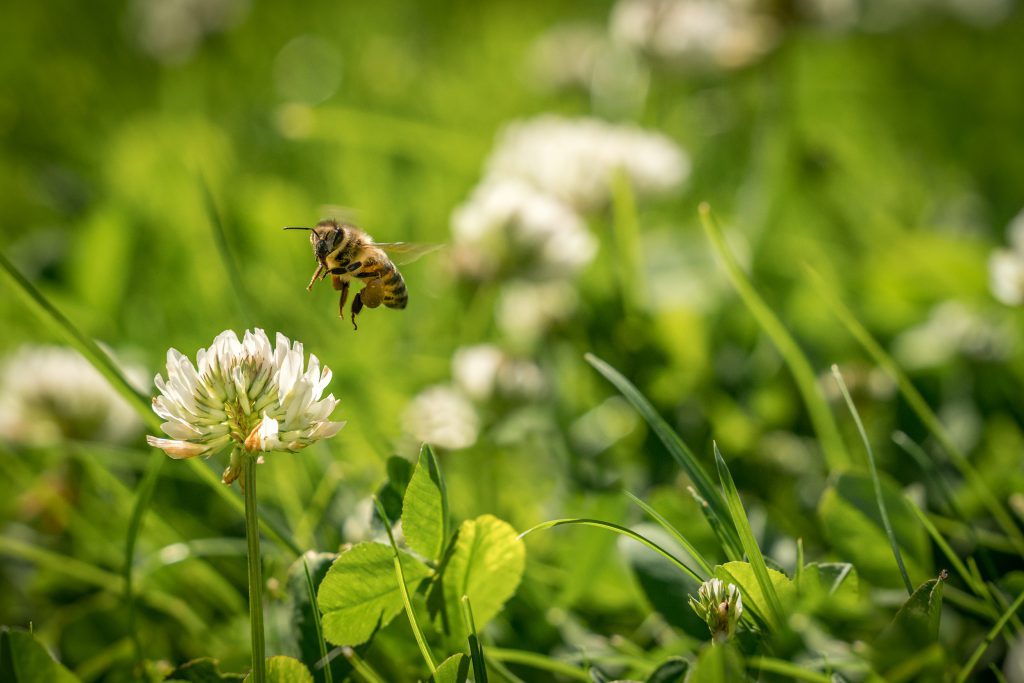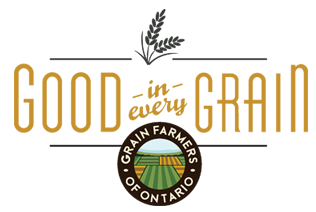What’s the buzz about bees?

If you have been watching or reading the news lately, you may have heard some conversations about Canadian honeybees. Honeybees are environmentally important pollinators: they support our food system by spreading pollen and nectar from plant to plant. Estimates show that, one out of every three bites of food that we eat is made possible by pollinators like honey bees.
Statistics Canada shows that the numbers of honeybees colonies are on the rise here Canada, but keeping the bees healthy and preventing colony collapse disorders is still an important issue. Some of the causes of colony collapses or poor pollinator health include a parasite called the varroa mites . In fact, the varroa mite is now present in almost all honey bee colonies at levels of infestation that are always increasing unless treated, according to OMAFRA.
Other causes of CCD include prolonged cold or harsh weather conditions during the growing season; hive diseases, inadequate nutrition, and improper pesticide use.
But, I’ve heard there were a lot of bee deaths this year?
Winter 2017/2018 was hard on our bees and it is likely that bee death from the cold weather will be higher than last year’s 27 percent. The delayed spring this year, also meant that tree pollen production was delayed and queen bees regulate how many young bees will be raised based on the abundance of pollen. So there will be less young, plus those who didn’t survive the winter.
That said, the bright light is that there are more colonies than ever and people are more aware than ever of bee health.
How we all can help keep healthy bees thriving?
Just like people, bee health begins with adequate nutrition. If bees are able to collect enough nectar and pollen in the summer months, they will be able to survive the long winter months. Seed kits are a great way to start pollinator friendly gardens, which should be filled with a variety of native plants and flowers that will bloom all summer long to help ensure enough food is collected by the honeybees.

#YourFarmers are also working on using up to date technology, equipment and farming practices that will protect the pollinators and help them thrive. For example, farmers have planted pollinator friendly fields and have modified their seed planting techniques to be even more bee friendly than ever. They are also working alongside beekeepers to manage the health of both the grains and the honeybees.
